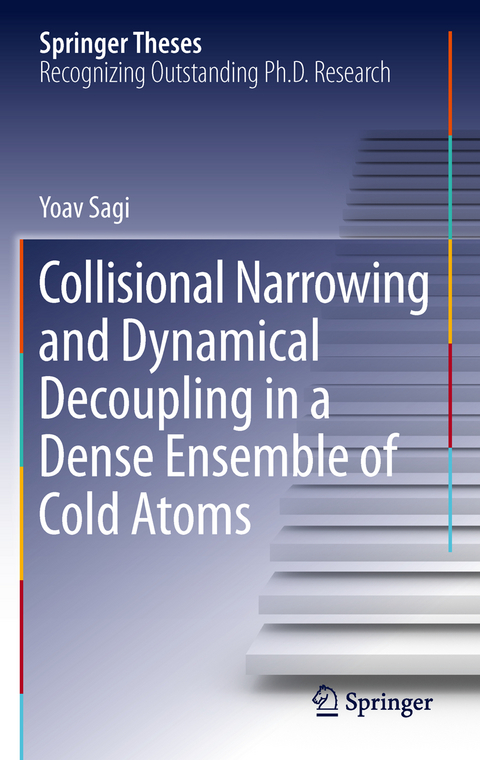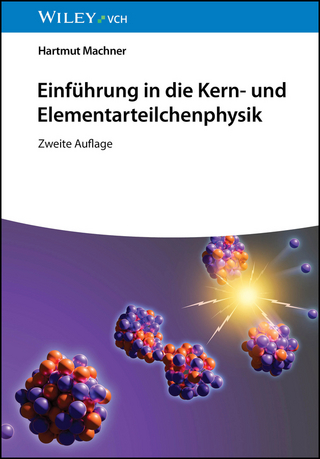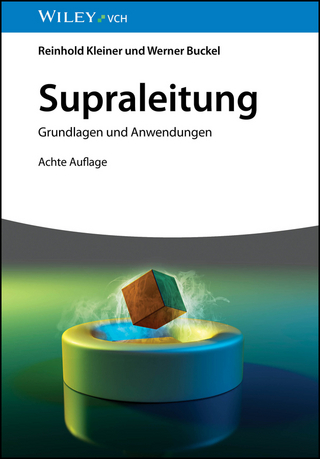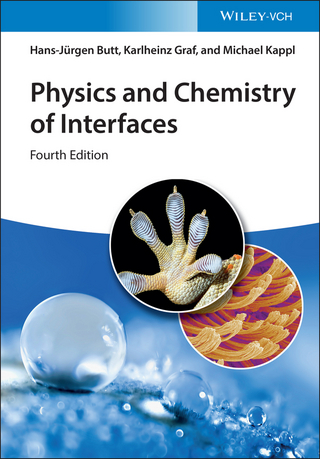
Collisional Narrowing and Dynamical Decoupling in a Dense Ensemble of Cold Atoms
Seiten
2014
Springer Berlin (Verlag)
978-3-642-44566-8 (ISBN)
Springer Berlin (Verlag)
978-3-642-44566-8 (ISBN)
This book presents an experimental and theoretical study of the coherent properties of trapped atomic ensembles at high densities. It points towards a means of making atom ensembles more useful in future quantum computers.
Ultra-cold atomic ensembles have emerged in recent years as a powerful tool in many-body physics research, quantum information science and metrology. This thesis presents an experimental and theoretical study of the coherent properties of trapped atomic ensembles at high densities, which are essential to many of the aforementioned applications. The study focuses on how inter-particle interactions modify the ensemble coherence dynamics, and whether it is possible to extend the coherence time by means of external control. The thesis presents a theoretical model which explains the effect of elastic collision of the coherence dynamics and then reports on experiments which test this model successfully in the lab. Furthermore, the work includes the first implementation of dynamical decoupling with ultra-cold atomic ensembles. It is demonstrated experimentally that by using dynamical decoupling the coherence time can be extended 20-fold. This has a great potential to increase the usefulness of these ensembles for quantum computation.
Ultra-cold atomic ensembles have emerged in recent years as a powerful tool in many-body physics research, quantum information science and metrology. This thesis presents an experimental and theoretical study of the coherent properties of trapped atomic ensembles at high densities, which are essential to many of the aforementioned applications. The study focuses on how inter-particle interactions modify the ensemble coherence dynamics, and whether it is possible to extend the coherence time by means of external control. The thesis presents a theoretical model which explains the effect of elastic collision of the coherence dynamics and then reports on experiments which test this model successfully in the lab. Furthermore, the work includes the first implementation of dynamical decoupling with ultra-cold atomic ensembles. It is demonstrated experimentally that by using dynamical decoupling the coherence time can be extended 20-fold. This has a great potential to increase the usefulness of these ensembles for quantum computation.
The Experimental Setup.- Theoretical Framework.- Spectral Narrowing due to Elastic Collisions.- The Ensemble Spectrum with an Arbitrary Detuning Distribution.- Motional Broadening in Ensembles with Heavy-tail Detuning Distribution.- Suppression of Collisional Decoherence by Dynamical Decoupling.
| Erscheint lt. Verlag | 11.6.2014 |
|---|---|
| Reihe/Serie | Springer Theses |
| Zusatzinfo | XIV, 82 p. |
| Verlagsort | Berlin |
| Sprache | englisch |
| Maße | 155 x 235 mm |
| Gewicht | 161 g |
| Themenwelt | Naturwissenschaften ► Physik / Astronomie ► Atom- / Kern- / Molekularphysik |
| Naturwissenschaften ► Physik / Astronomie ► Quantenphysik | |
| Naturwissenschaften ► Physik / Astronomie ► Thermodynamik | |
| Schlagworte | Atomic Ensemble • Dynamical Decoupling • Elastic Collisions • Ensemble Coherence Dynamics • High Density Atomic Ensembles • Motional Narrowing • Quantum Memory • Trapped Atomic Ensembles • Ultra-Cold Atomic Ensembles |
| ISBN-10 | 3-642-44566-7 / 3642445667 |
| ISBN-13 | 978-3-642-44566-8 / 9783642445668 |
| Zustand | Neuware |
| Informationen gemäß Produktsicherheitsverordnung (GPSR) | |
| Haben Sie eine Frage zum Produkt? |
Mehr entdecken
aus dem Bereich
aus dem Bereich
Buch | Softcover (2024)
Wiley-VCH (Verlag)
59,90 €


